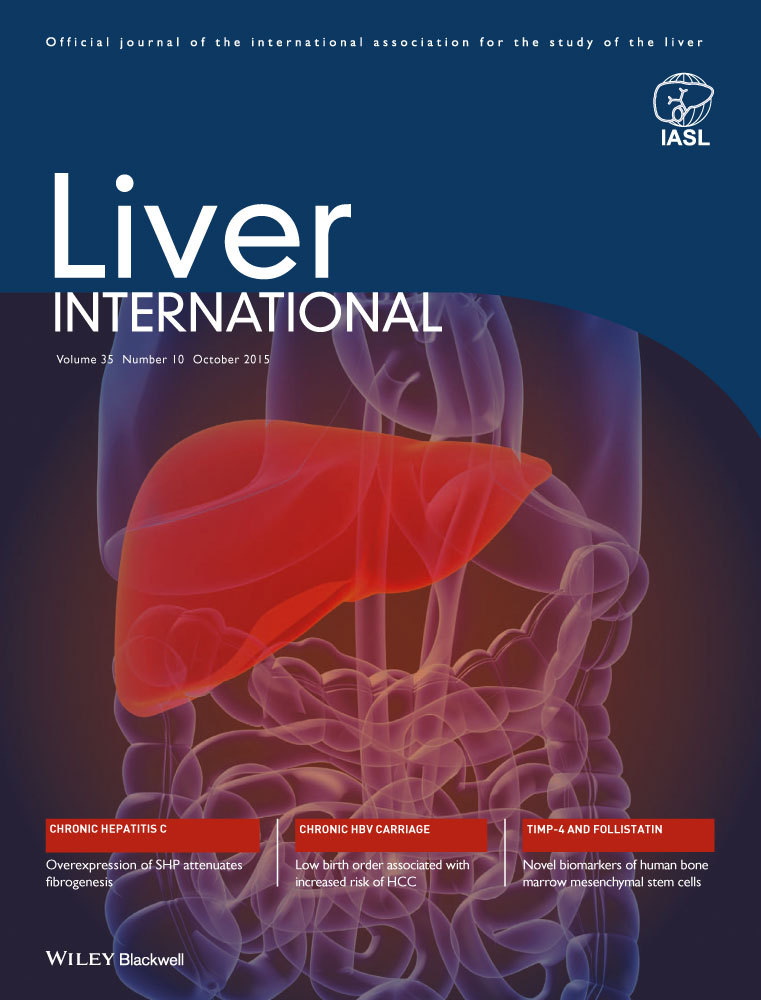Will weight loss become a future treatment of hepatocellular adenoma in obese patients?
Abstract
Background & Aims
Although hepatocellular adenoma (HCA) is more frequently observed in obese patients, however, the effect of weight loss as a therapeutic option was never studied.
Methods
In this rapid communication we described our non-surgical management of large HCA (>5 cm) encountered in patients with morbid obesity. Non-surgical management consisted mainly of oral contraception withdrawal and weight loss, which was the only option in two patients. All demographics, radiological and histological data were studied. Patients were followed regularly every 6 months.
Results
Between 2004 and 2013, 116 patients presented with HCA and 15 with morbid obesity (13%) were studied. Five men underwent surgery and females were either operated (period before 2010; n = 5) or proposed to non-surgical management (period after 2010; n = 5).Weight loss was advocated to all females, including four with residual HCA after resection and to non-operated patients, including two with haemorrhagic HCA. Four (40%) females showed significant weight loss. In resected patients, weight loss allowed stability (n = 1) or slight regression (n = 1) of residual HCA. In the two patients treated only by weight loss, significant decrease was observed in the weight with significant decrease (>50%) in the size and number of HCA to a non-surgical size (<5 cm). Severe morbidity was 40% in operated patients and 0% in non-operated patients. After a follow-up period of 38 months (18–60), no complication or degeneration was encountered in the non-operated group.
Conclusion
Like oral contraception, weight loss should be considered as the first therapeutic option in the management of HCA in obese patients.




